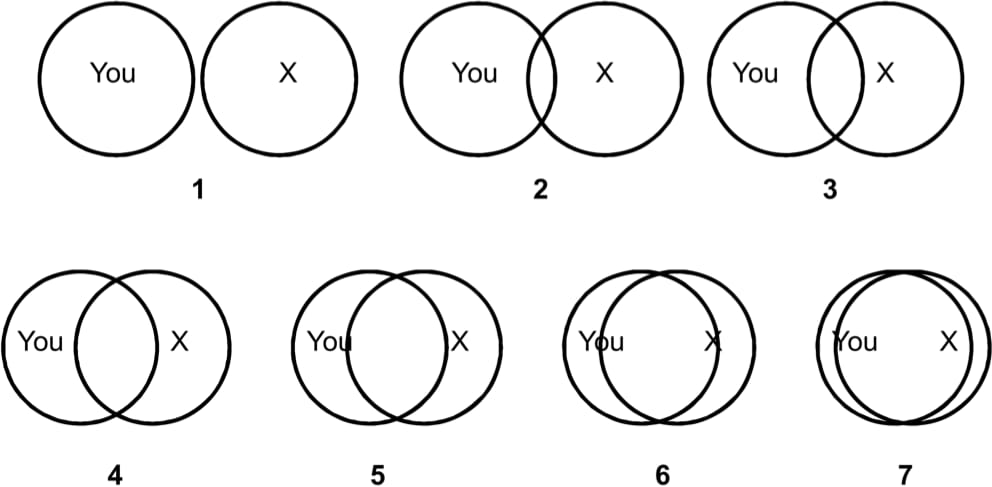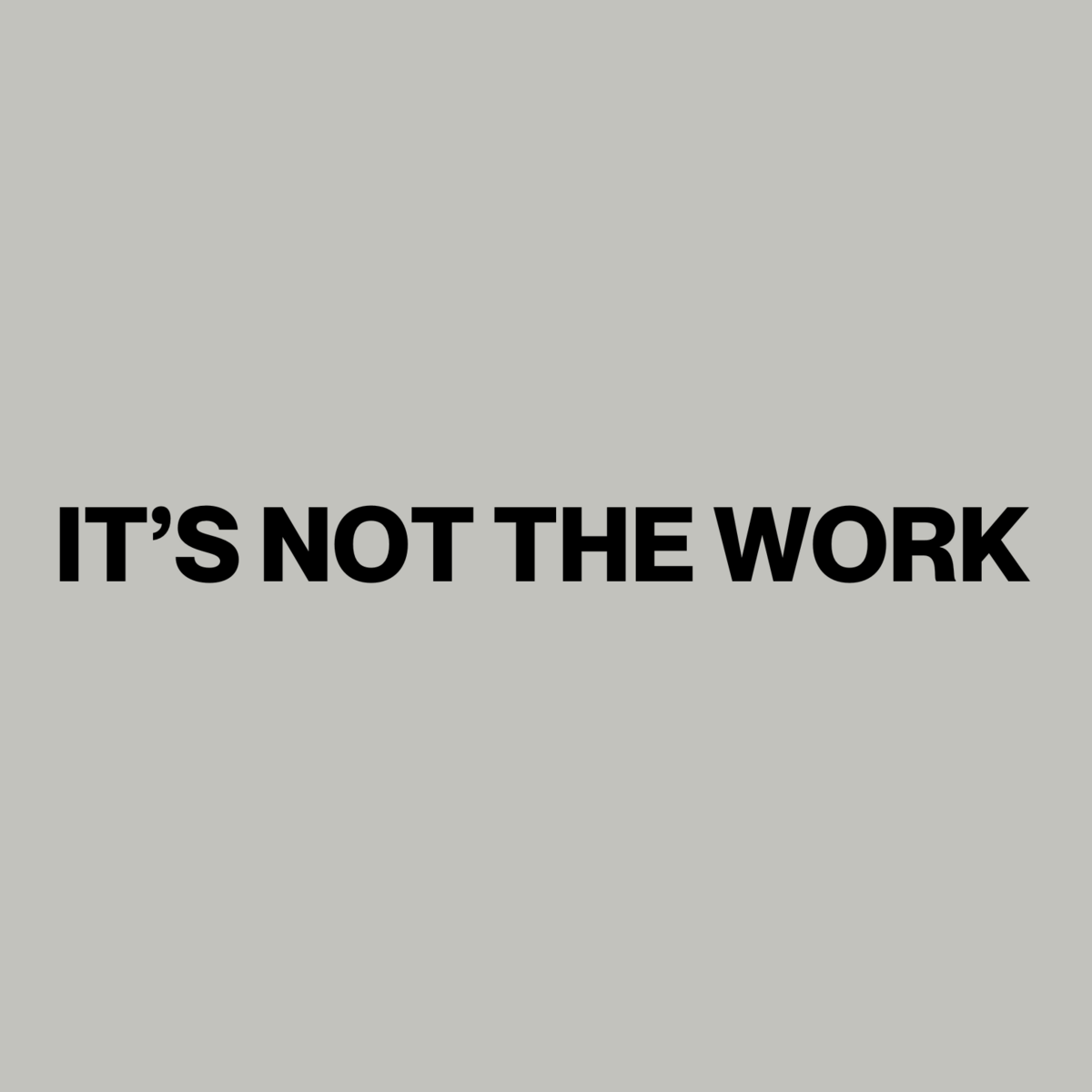Hi, I’m Nithya Sudhir. I collect words, chase patterns, and write about whatever makes me curious.
Someone forwarded this? 💌Subscribe to get it fresh, every Tuesday.
Missed an issue? 💬Catch up on past essays.
Curious what else we’re building? 💡Insane Media lives here.
Want your campaign in front of our users? 📌Reach out here.
Looking to join the convo? 📲Follow along on Instagram.
Why are beauty chiefs turning into authors?
In July, the Beekman 1802 founders released G.O.A.T. Wisdom: How to Build a Truly Great Business via Harvard Business Review Press.
A month earlier, Katie Sturino of Megababe dropped her first novel Sunny Side Up (adding fiction to her 2021 nonfiction Body Talk).
And this September, Bobbi Brown published her memoir, Still Bobbi.
At first glance, these look like vanity projects.
You know, the “founder writes a book because… why not?” kind of thing.
But they are, in fact, case studies in how brands are leaning into the self-expansion model.
Hello there, Monday reader!
It’s Monday and I’m here yet again to tell you how I think these brands are sneaking into our brains with daydreams and paperback fantasies!
Shall we?
🤝 Supported by Chargeflow
Fraud doesn’t stop at checkout – it strikes after payment, costing brands millions in disputes, wasted shipping, and lost trust.
That’s why we built Chargeflow Prevent, the first AI-powered, post-purchase fraud solution. Prevent flags risky orders in real time, cutting disputes by 90% with <0.1% false positives.
Trusted by 15K+ merchants and securing $5B+ GMV annually, it gives decision-makers the confidence to scale without fear of hidden fraud.
👉 First 1,000 transactions are free. No contracts. No setup fees.
Self-expansion as the secret engine of storytelling
When we discuss books by celebrities we often talk about brand authority or the halo effect.
It’s the weight of their brand that makes them believable. Or the credibility halo that makes us trust their stories before we’ve even opened the cover.
(Psst! We’ve covered this in our edition where we talk about Victoria Beckham and Taylor Swift - check it out here!)
But there’s a subtler, more powerful psychological glue at play here.
What we’re really responding to has a name — [the self-expansion model]
The self-expansion model, originally developed by Arthur Aron and Elaine Aron, argues that people are motivated to grow their sense of self by acquiring new identities, perspectives, skills, or experiences.
In close relationships, we “include others in the self” — meaning their resources, experiences, or viewpoints become part of our self-concept.
How does this translate to brands and books?
So far, we’ve looked at the psychology in relationships.
But turns out, the same principle stretches far beyond romance or friendship — it applies to how we connect with brands too.
In Marketing, self-expansion suggests that consumers can incorporate a brand’s identity into their own self-narrative — especially when the brand offers novel, enriching, identity-stretching experiences.
In branding circles, there is even a construct called “[brand romance]” — shorthand for emotional attachment that comes from self-expansion rather than pure utility.
Research shows that when a brand enables consumers to do “something special and exciting,” that sense of self-expansion tends to improve their attitude toward the brand.
Of course, that’s not the only reason.
These beauty-founders-turned-authors also agree that books stand apart from the algorithmic churn of feeds.
Books, they believe, act as analog billboards — long-lasting artifacts that convert new audiences.
As one executive put it, “Engaging the algorithm more is not going to be the solution. I need to go analog, and I need to write a book.”
Fair point.
Though part of me wonders — is that Action Bias I spot? We’ll save that for another Monday.
Here’s where it gets fun.
Beauty founders aren’t the only ones dabbling in narrative self-expansion.
Audible rolled out a romance-centered campaign celebrating modern love stories, “romantasy,” and regency tropes.
As part of launching a Vitamin C serum, Neutrogena partnered with influencer Serena Kerrigan to publish two “steamy” short stories on Wattpad.
Doritos produced a more risqué, semi-parodic spot starring Walton Goggins with the tagline “spicy but not too spicy.”
On the surface, these look like quirky ad activations. Right?
Not quite.
Functionally, these ad campaigns are operating on the same psychological principle as the books: self-expansion.
Romance-inflected stories let consumers step into an idealized emotional version of themselves — more loved, more connected, more vibrant.
For two minutes on Wattpad, you’re not a commuter waiting for the train — you’re a heroine caught in a locked-door scene, heart racing. That’s what Neutrogena is selling.
So whether you’re highlighting a founder’s life story in hardcover or producing a Wattpad novella about skin serum… the mechanism is the same.
If romance and memoirs are the current vehicles, then what’s next? Gaming? Virtual worlds? AI companions? Wherever consumers go to expand themselves, brands will follow.
So yes, the next great romance novel might just be brought to you by your face wash.
And honestly? That might not be the worst plot twist.
How's the depth of today's edition?
As always, hit reply if something in here hits home.
See you next week,
Nithya
P.S. If you want to get a case study about your own brand, reply to this email. If you’d like to reach our newsletter audience (founders, creators, and marketers), click the button below.
If you’re new here, I’m over the moon you’ve joined us! To help me craft content that’s actually useful (and not just noise in your inbox), I’d love it if you took 1 minute to answer this quick survey below. Your insights help shape everything I write.
Insane Media is more than one voice
💡 Dive into our other newsletters - where psychology meets the founders, creator economy, Human resources and AI trends.







